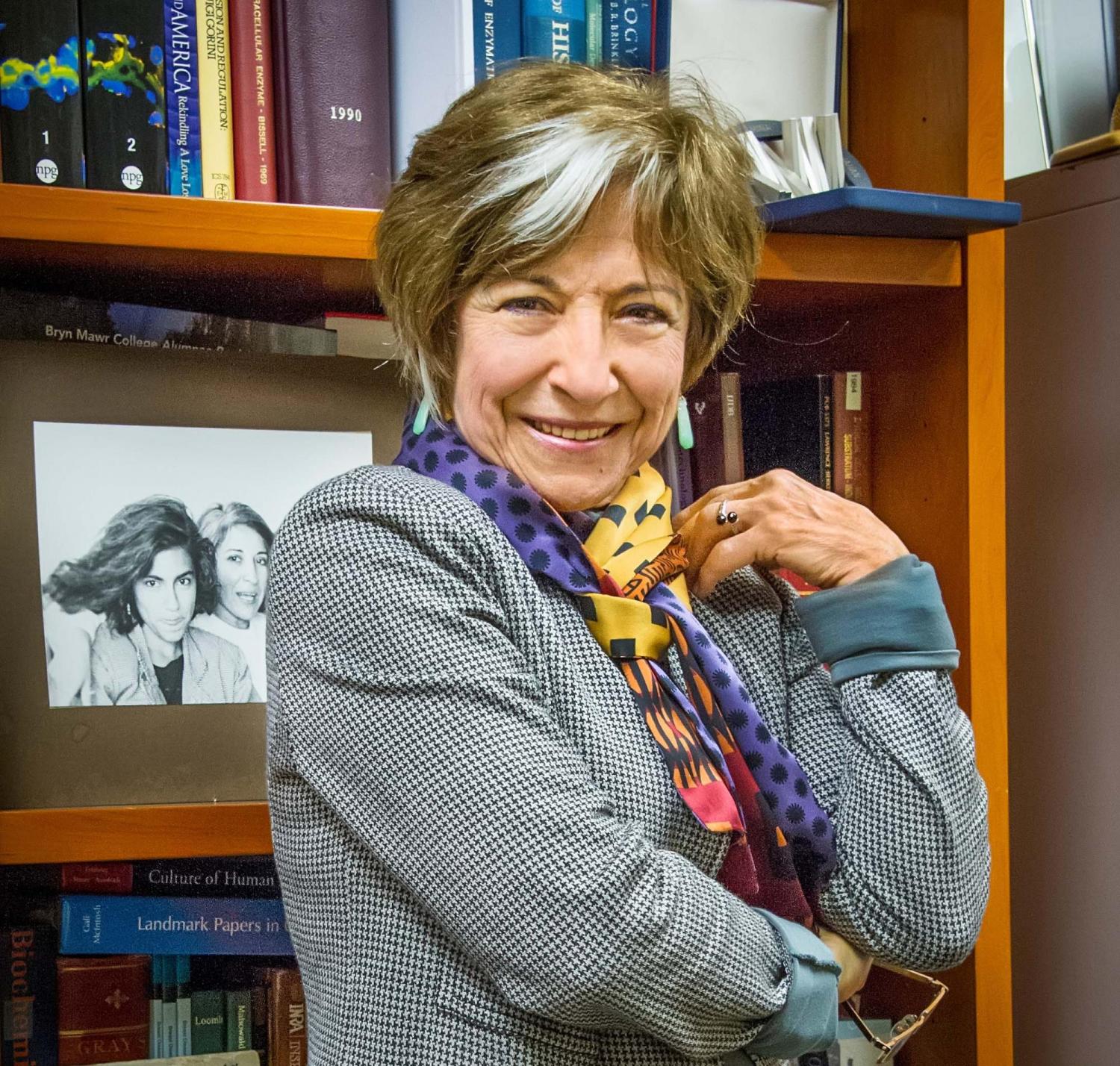Mina Bissell
- Distinguished Senior Scientist, Lawrence Berkeley National Laboratory
- Faculty, University of California Berkeley

Mina Bissell is Distinguished Senior Scientist and Advisor to the Biological Systems and Engineering Division Director at Lawrence Berkeley National Laboratory and serves on the faculty at University of California Berkeley for the Graduate Groups in Bioengineering, Comparative Biochemistry, Endocrinology, and Molecular Toxicology. She obtained a Ph.D. in microbiology and molecular genetics from Harvard Medical School and was awarded an American Cancer Society postdoctoral fellowship at the University of California, Berkeley. Her work started over 30 years ago on the effect of tissue architecture and the role of the cellular microenvironment on cancer still has become increasingly influential in the field of cancer biology and cancer therapeutics. She is credited with the radical but increasingly accepted notion that phenotype can dominate over genotype in normal development and disease. Bissell and her colleague, William Ole Peterson, have developed 3D culture in cancer research. They have shown non-tumorigenic (normal-like) mammary epithelial cells form monolayer spherical acini with hollow lumen and tumorigenic mammary epithelial cells form filled bowl irregular acini (Petersen OW, et al. PNAS 89(19):9064-9068 ). She has published about 300 articles and book chapters. She joined the Lawrence Berkeley Laboratory as a staff biochemist in 1972 and subsequently became a Senior Scientist, Director of Cell & Molecular Biology, Director of the Life Sciences Division, and Distinguished Scientist. In 1996, she received the Ernest Orlando Lawrence Award and medal, the highest scientific honor bestowed by the United States Department of Energy. A member of the American Academy of Arts and Sciences and the Institute of Medicine, Bissell is a recipient of the Guggenheim Fellowship, the Mellon Award from the University of Pittsburgh, the Eli Lilly/Clowes Award of the American Association for Cancer Research, and the Medal of Honor from the American Cancer Society. She was elected to the National Academy of Sciences in 2010, one of the highest honors bestowed on working scientists. In 2016, the American Society for Cell Biology will bestow the E.B. Wilson Medal, its highest scientific honor, to Dr. Bissell for her work showing that physical context matters in cells and her demonstrations that the extracellular matrix (ECM) is integral to breast tissue remodeling and to breast cancer progression.

